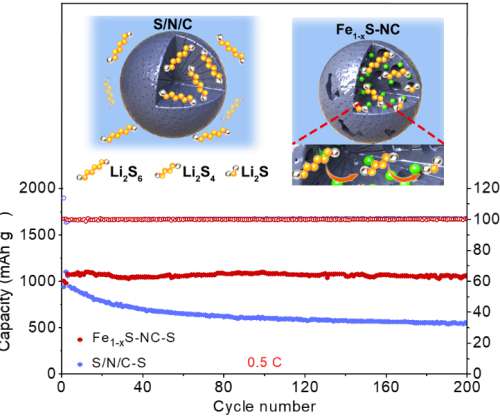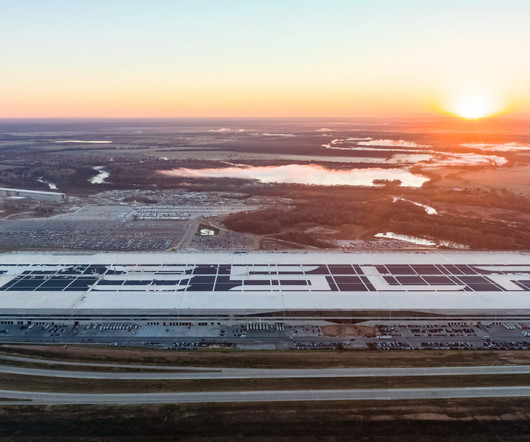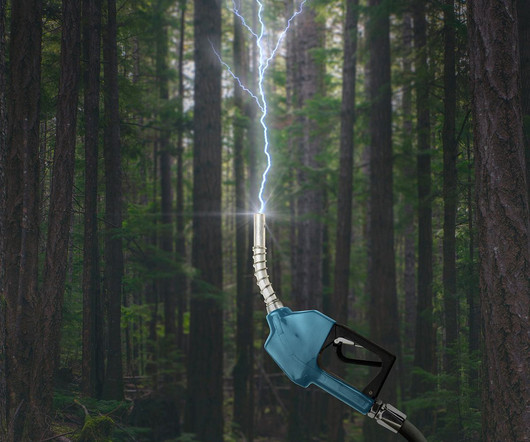MIT: hybrid cathodes could boost energy capacity of lithium-sulfur batteries
Green Car Congress
MARCH 26, 2019
The relationship between cathode porosity and predicted cathode-specific volumetric energy density e v (a) and gravimetric energy density e g (b) of the hybrid Mo 6 S 8 /S 8 cathode with all carbon included (HMSC) and C/S 8 cathode with different C/S 8 and Mo 6 S 8 /S 8 ratios. The net effect of using the new material is substantial.













Let's personalize your content